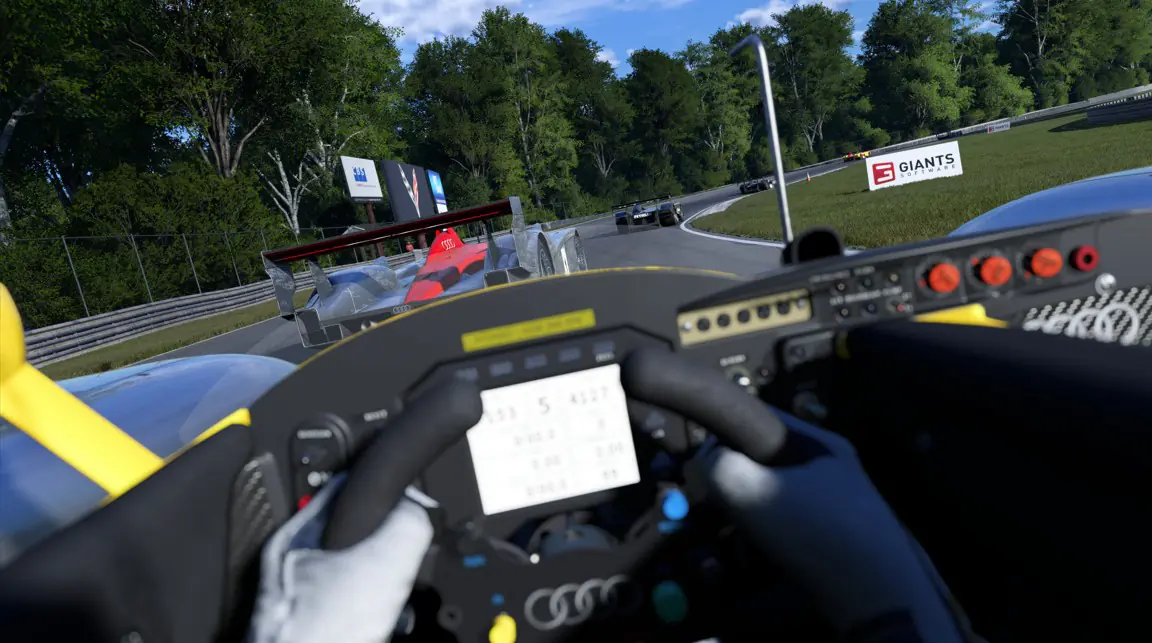What if fighting hoaxes could be done while playing games? Via Deepfake DetectiveYou are not only invited to play like a digital detective, but also learn to recognize AI manipulations that are increasingly appearing on social media. The concept is fun, the visuals are interesting, and the content is informative.
Story and Gameplay
In Deepfake DetectiveYou'll play a digital detective investigating a series of suspicious videos. The story is designed to make you feel like you're uncovering a digital conspiracy in cyberspace. The gameplay is based on interactive simulation-you'll be asked to watch snippets of video and analyze for signs of manipulation such as strange lip syncing or contrived-looking backgrounds.
This game also features a game newsThis means you can still absorb journalistic values and digital literacy indirectly while playing. It's perfect for those of you who are more comfortable learning through visual simulations than reading long news stories.

Key Features
In addition to the immersive gameplay, Deepfake Detective also presents a number of features designed to strengthen the gaming experience while supporting the educational goals of digital literacy:
- Web-based: Deepfake Detective is a web-based game that can be played directly through a browser, with no additional installations or downloads required.
- A secret agent-style feel: The game's UI and visuals are inspired by secret agent-style scanning systems and interfaces like in the movies. Mission ImpossibleIt gives a distinctive sense of investigation.
- Score system and challenge levels: Players earn points based on the accuracy of their analysis of the manipulative video, with increasing levels of difficulty.
- Application inoculation theory: Players are trained with light hoax exposure to be more resistant to complex information manipulation.
- Real case study based questions: All video content has been customized and watermarked to avoid abuse, while directly educating.
About Deepfake Detective
Deepfake Detective is the third digital literacy game developed by Tempo's Fact Check team, after Vaccine HOX and Anti-Batman Trap. This game was developed with support from International Fact-Checking Network (IFCN) through the ENGAGE program.
Development background Deepfake Detective derived from the increasing number of based hoaxes deepfake detected by Tempo. In 2023, only five cases were recorded, but this number jumped to 71 cases in 2024. The majority of the hoax content used manipulated faces of public figures to deliver fake testimonials, promote illegal drugs, cheat through social assistance schemes, and advertise online gambling services.
According to Inge Klara Safitri, lead author of Deepfake DetectiveHowever, the biggest challenge is not only the gameplay design, but also the processing time and the risk of misuse of the material. That's why all elements of the game were carefully prepared, both in terms of education and content safety.
The game also received a positive response from the community, including InfoPKU, a citizen journalism media in Pekanbaru. Nur Khasanah, one of its members, said Deepfake Detective as a unique and challenging approach, and effective in helping users recognize the characteristics of doctored videos.
Deepfake Detective Prize Challenge
As a form of appreciation and to encourage wider participation, Deepfake Detective also presents a prize challenge. The five players with the highest scores will receive a GoPay balance worth Rp200,000.
To take part, players only need to complete the in-game missions, record the final score, and then submit a screenshot along with filling in the form provided by the organizers. These prizes are an additional motivation to make the learning process feel more rewarding.
Tempo's lineup of educational fact-checking games
Before releasing Deepfake DetectiveTempo's Fact Check team has developed two other digital literacy games:
- Vaccine HOXIt is a tool that helps players recognize which parts of information are fake from a news story or content.
- Anti-Batman Trapthat simulates the threat of phishing through apps and social media.
Both games are learning through play, aimed at those who are less interested in reading long news stories but still want to understand important issues in the digital world.
Globally, games like Bad News, Go Viral!, and Harmony Square has been proven to improve user information resilience through the active learning. In Indonesia, Digging for FactsThe game - a collaboration between Mafindo, the University of Notre Dame and IREX - uses a chat app-style conversation format to introduce the dangers of hoaxes in everyday environments.
With the presence of Deepfake DetectiveThe educational approach to countering disinformation is becoming more creative and relevant. Not only suitable for general users, this game also has great potential for use in classrooms, journalism training, or digital literacy programs for youth and students.
If you want to learn how to expose hoaxes without having to sit down and read the news, Deepfake Detective offers an experience that is both exciting and rewarding.
Source: Tempo

































